10,000 Days With Catherine O’Neill
I had been married to Catherine O'Neill for 33 years when she died on the day after Christmas and I don't know how I am going to live without her.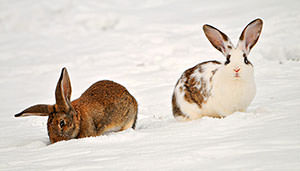
When I saw my friend Avery Corman, the novelist, for the first time after his wife, Judy, died eight years ago, I was, of course, at a loss for words. I blurted out the first thing that came into my head: “How’s your work going?”
Kind of stupid.Avery said: “My work’s fine. I know how to work. What I don’t know is how to live without Judy Corman.”They had been married for 37 years. I had been married to Catherine O’Neill for 33 years when she died on the day after Christmas and I don’t know how I am going to live without her. I’m not sure I’ve made a decision without her or made any decisions at all after the day we married in August of 1979. I once wrote that marrying her was like joining the Navy: I saw the world.A day in the life.We were both from New York, we spoke the same dialect, and moved back from Los Angeles in 1981 when RCA offered her a job as public affairs director. Her office at Rockefeller Center had a great view, about from Connecticut to Virginia, but she hated the job. She quit and went to Columbia’s School of International Affairs for a doctorate. She already had a master’s degree from Howard in social work.As she was finishing up at Columbia — she didn’t hand in her thesis because Columbia would have charged her for another semester after she had finished her course work — she came home one night and said she had a great idea: We should move to Pakistan.I went nuts. I had a syndicated column, my work was in American politics, and I was not about to go to South Asia while she saved the world, or at least tried to, in refugee camps.© 2013 UNIVERSAL UCLICK
Your support matters…Independent journalism is under threat and overshadowed by heavily funded mainstream media.
You can help level the playing field. Become a member.
Your tax-deductible contribution keeps us digging beneath the headlines to give you thought-provoking, investigative reporting and analysis that unearths what's really happening- without compromise.
Give today to support our courageous, independent journalists.

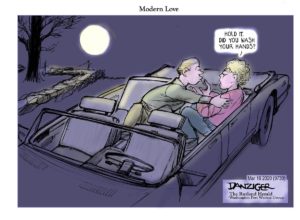
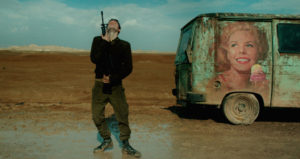
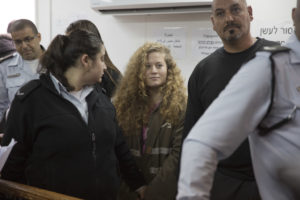
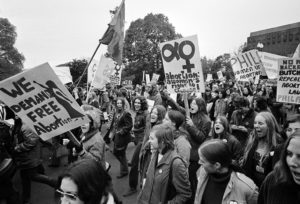
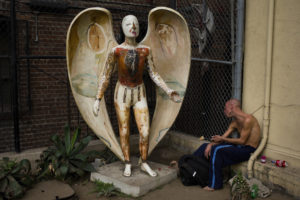
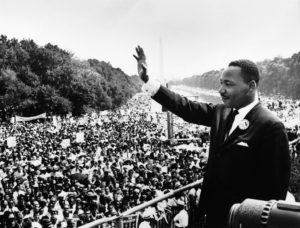


You need to be a supporter to comment.
There are currently no responses to this article.
Be the first to respond.